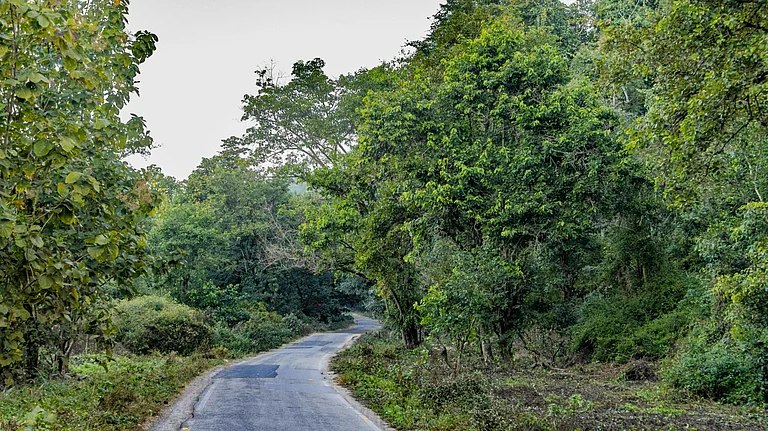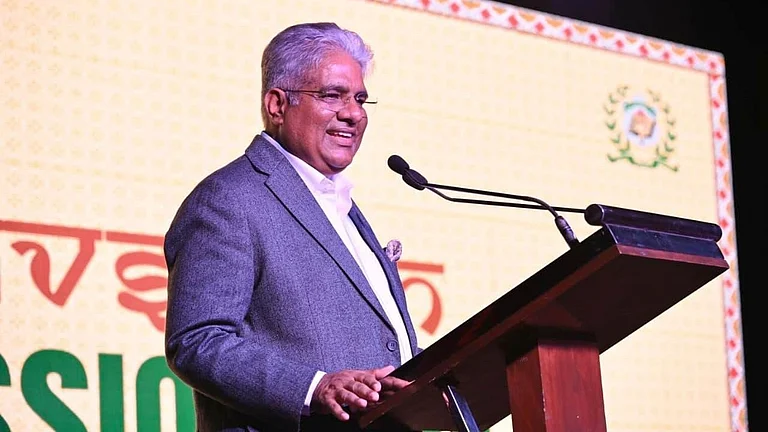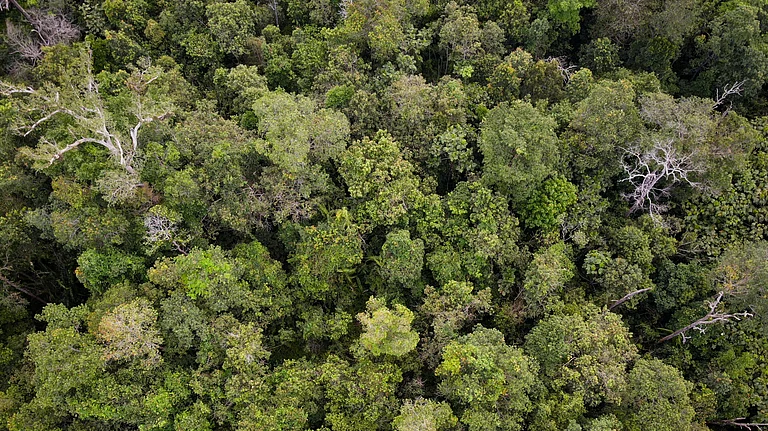Organisations thrive not in isolation but through symbiotic relationships with the communities they serve. In today’s rapidly evolving business landscape, success increasingly hinges on an organisation’s ability to align with social and economic trends. One of the most pivotal trends is the growing importance of ESG (Environmental, Social, and Governance) reporting.
ESG has become a critical framework for stakeholders to assess how organisations manage risks and opportunities related to environmental stewardship, social responsibility, and governance practices.
Planting Seeds of Sustainability
Tree plantation is a powerful initiative that enables organisations to make a profound contribution to environmental preservation and the wellbeing of local communities.
Industrialisation and urbanisation have significantly reduced green cover in many regions of India. According to the Indian State of Forest Report (ISFR) 2021, the country's forest cover is 7,13,789 square kilometres, representing 21.71 percent of its geographical area.
Well-planned afforestation initiatives can play a crucial role in reversing this trend.
Moreover, tree plantation efforts align with several UN Sustainable Development Goals (SDGs), including poverty alleviation, hunger prevention, clean water supply and sanitation, affordable clean energy, and climate change mitigation. By integrating tree plantation into their ESG strategies, organisations can significantly bolster their environmental impact while contributing to broader social and economic objectives.
Planting trees offers a multitude of benefits, from mitigating the environmental impact of business operations to improving air and water quality for surrounding communities. As an integral part of a comprehensive ESG strategy, it serves as a powerful demonstration of an organisation’s commitment to sustainability. However, tree planting should be recognised as just one aspect of a broader approach to tackling environmental challenges and advancing sustainable development. On average, a mature tree can absorb around 25 kilogrammes of CO2 annually, translating to approximately one tonne of CO2 over its lifetime.
Personalising Employee Engagement in Tree Plantation
Effective ESG fulfilment is largely driven by employee commitment to these principles in both business operations and CSR initiatives. Tree plantation drives provide a unique opportunity for employees to engage in environmental preservation efforts, fostering a personal connection to sustainability.
The Bigger Picture
Tree plantation is more than a symbolic gesture; it is a vital activity that plays a central role in any robust ESG strategy. By integrating tree plantation into their sustainability efforts, organisations can provide tangible environmental benefits, significantly engage their workforce, and support broader social and economic goals. While this is a crucial element of environmental sustainability, it must be supplemented by other measures. These include reducing carbon footprints, improving energy efficiency, and supporting renewable energy initiatives. The impact of planting trees extends far beyond the immediate environmental benefits. Each tree planted contributes to carbon sequestration, improves air and water quality, supports biodiversity, and enhances community wellbeing. By committing to comprehensive and integrated sustainability measures, businesses can make a profound difference in driving towards a greener, more sustainable future while inspiring others to join this crucial cause.
(Prabhu Narayan Singh, Chief Sustainability Officer, Waaree Energies)



























